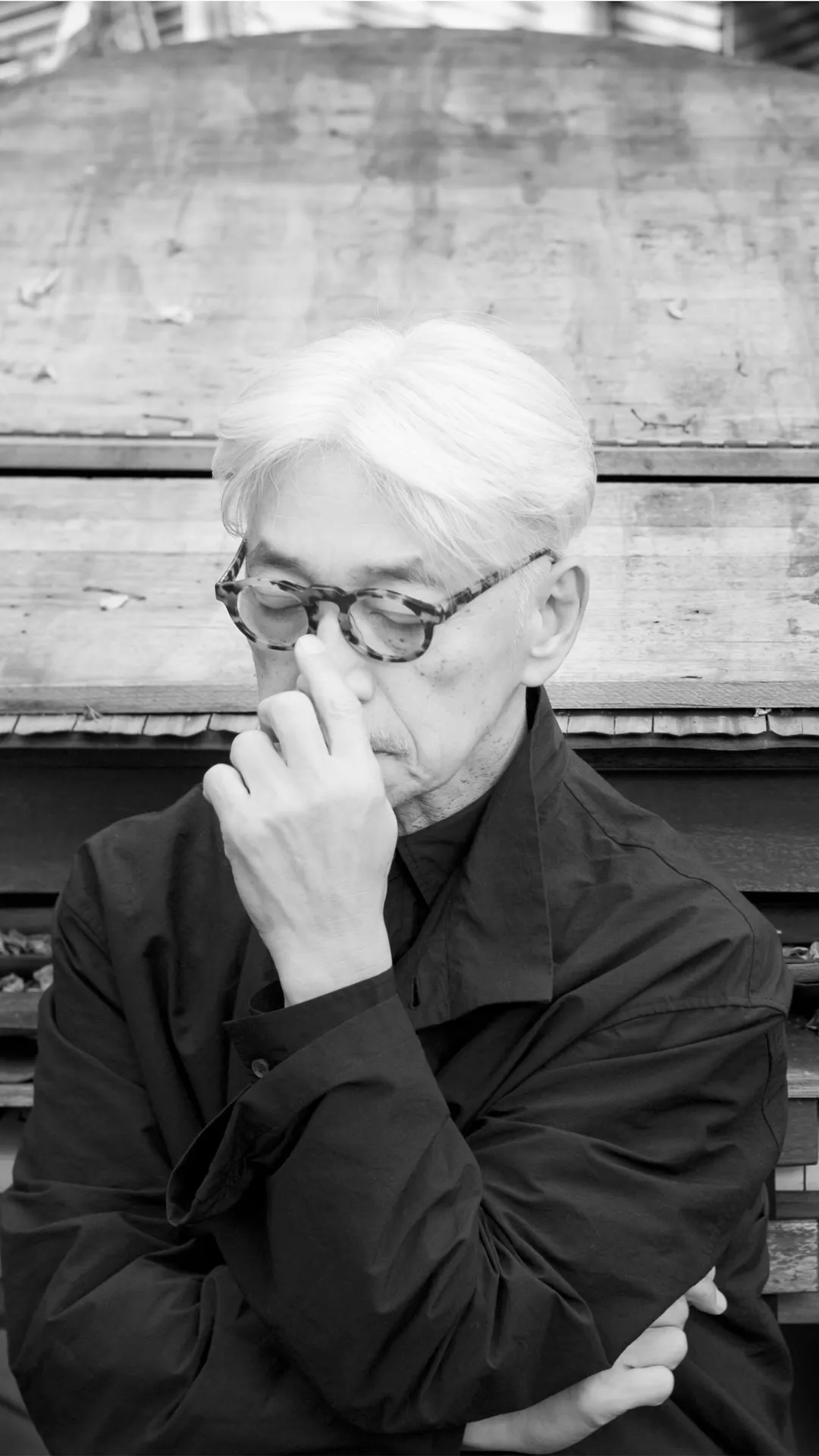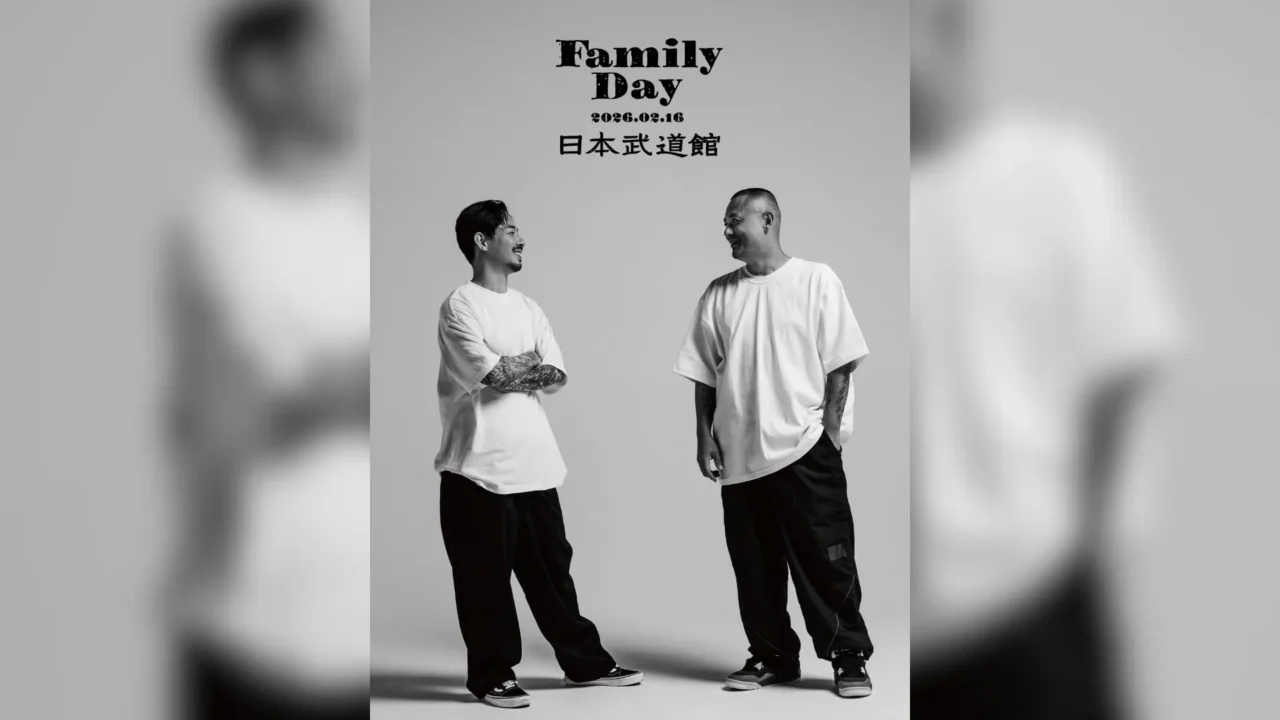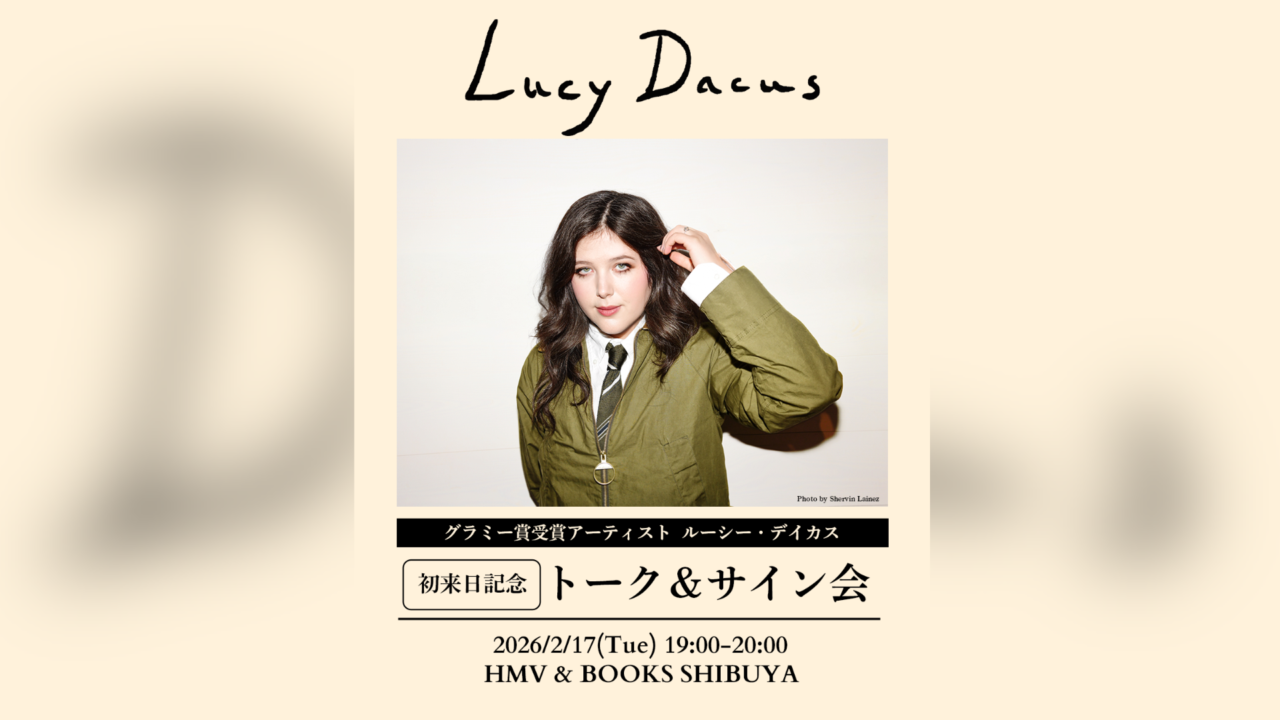INDEX
War and Everyday Life in the Journals: A Glimpse of Ryuichi Sakamoto the Artist
Since the 2000s, Sakamoto spoke out actively on environmental issues and international politics, and he took real-world actions. Did you struggle with how much of this activist side to show in the film?
Omori: When it came to depicting social issues, we tried not to be selective or manipulative. If something was mentioned in his journals, it went into the film; if not, it didn’t. That was our guiding principle.
Also, I feel the word “activist” doesn’t fully capture Sakamoto. A more accurate term might be “engagement”—from the French philosopher Sartre, who proposed the concept of social participation. Engagement isn’t just caring about politics; it means being aware of how one’s actions affect society and actively involving oneself.
Sakamoto engaged with social issues as an artist and, at times, was drawn into them. Through his expression, he influenced society and continued to take action. He believed that if you live in society, you cannot avoid participating in it—that involvement is natural.
There’s a scene where the journal entry from the day the invasion of Ukraine began overlaps with actual footage of street fighting. It really conveys how an individual life exists within the flow of world history.

Omori: Using footage from Ukraine was legally very challenging, but if it was written about in Sakamoto’s journals, it needed to be included. The same goes for footage of the Tohoku tsunami—we discussed it with survivors before deciding to include it. Both sets of images are shocking, so we added a content warning at the start of the film.
His journals don’t only cover serious topics — they also mention small everyday pleasures during his illness, like mandarins or cake. There’s even a line like, “Natto, kimchi, dorayaki, tea — this is enough.”
Omori: It’s pure, a very natural human side of him. Considering the time he had left, even simple foods probably felt profoundly beautiful. At the same time, I think my younger self wouldn’t fully grasp the weight of his words about facing death—it might take a few more years to understand them. At my age, there are still aspects that don’t quite feel real.
























